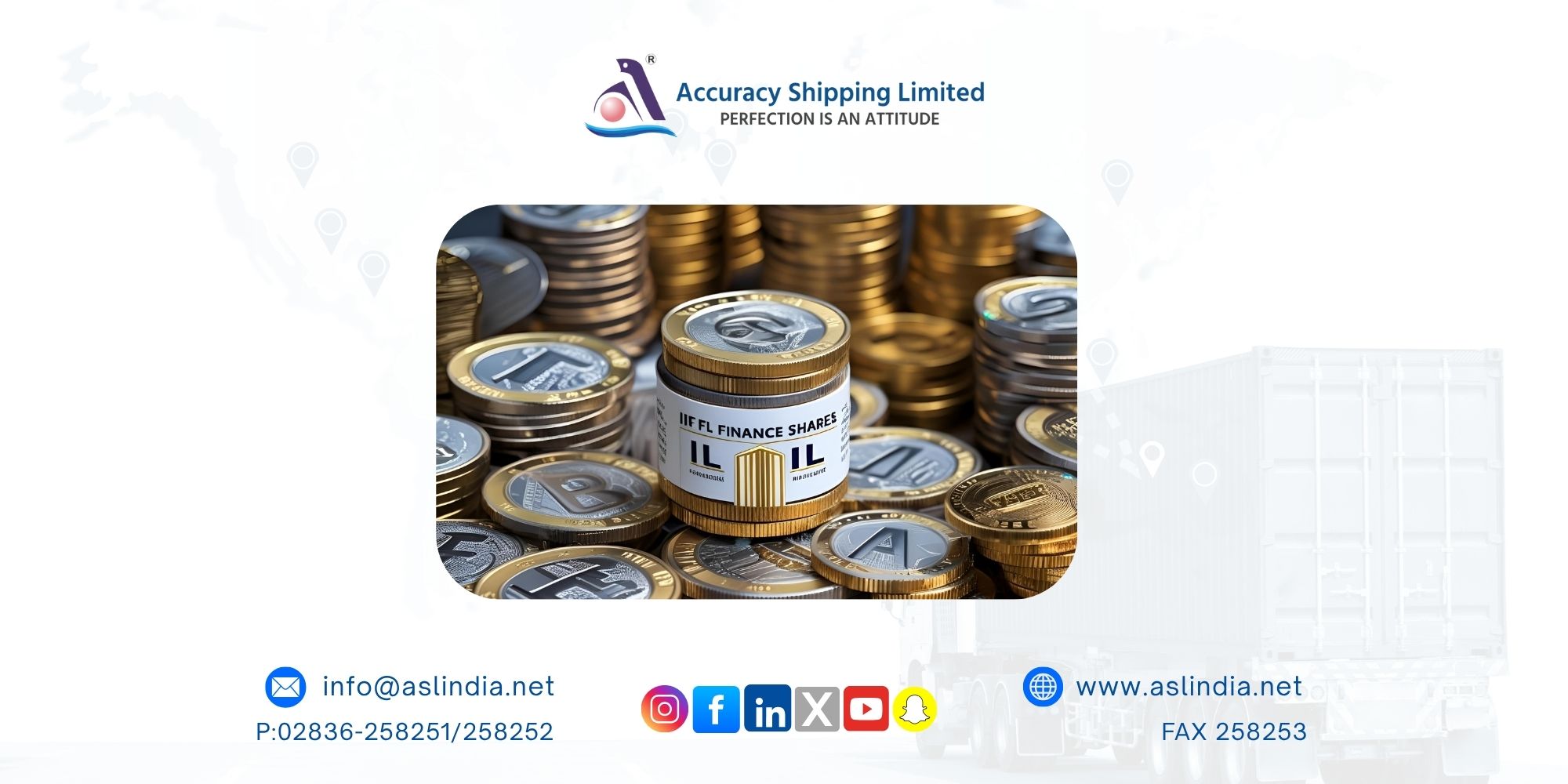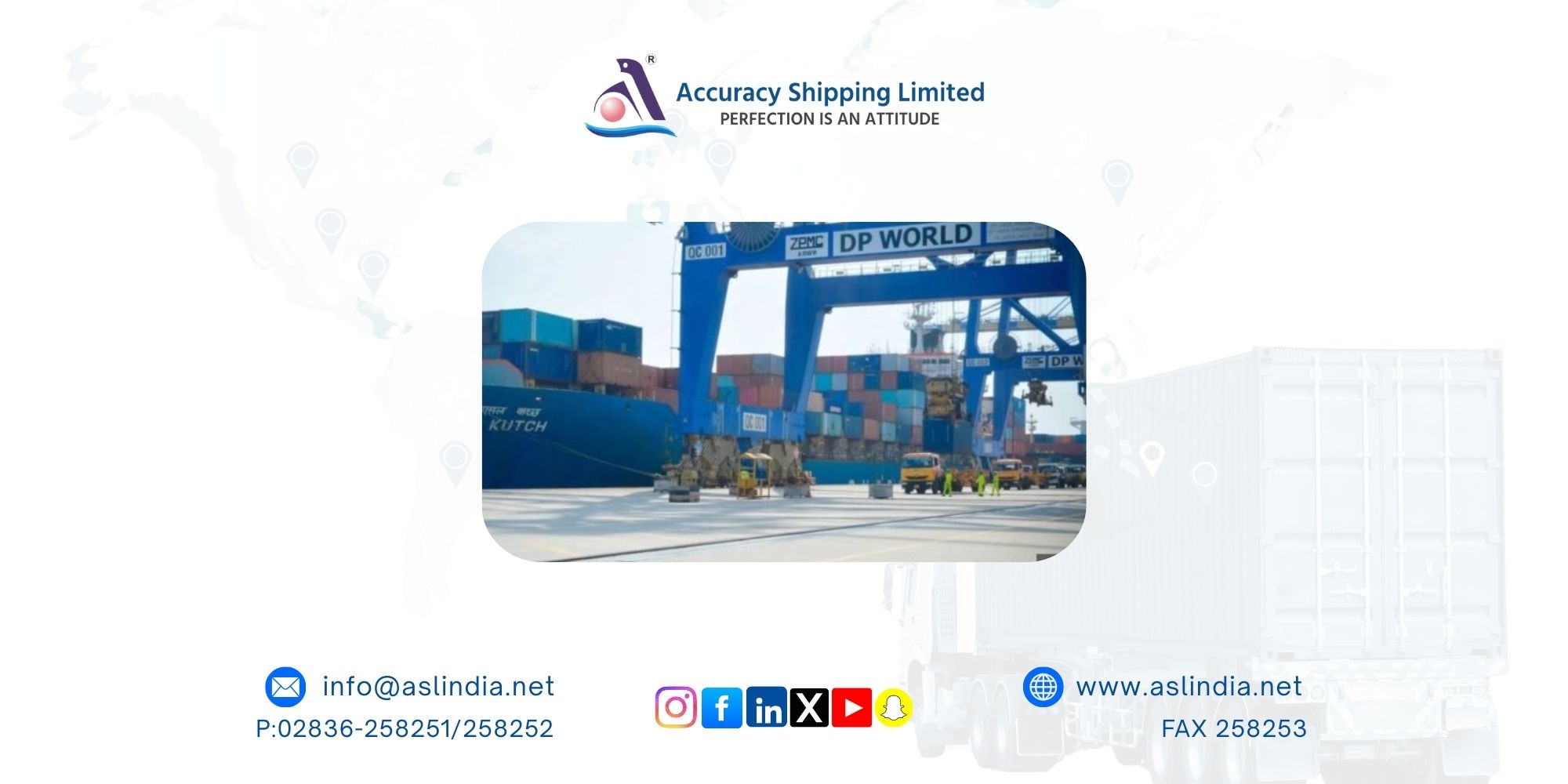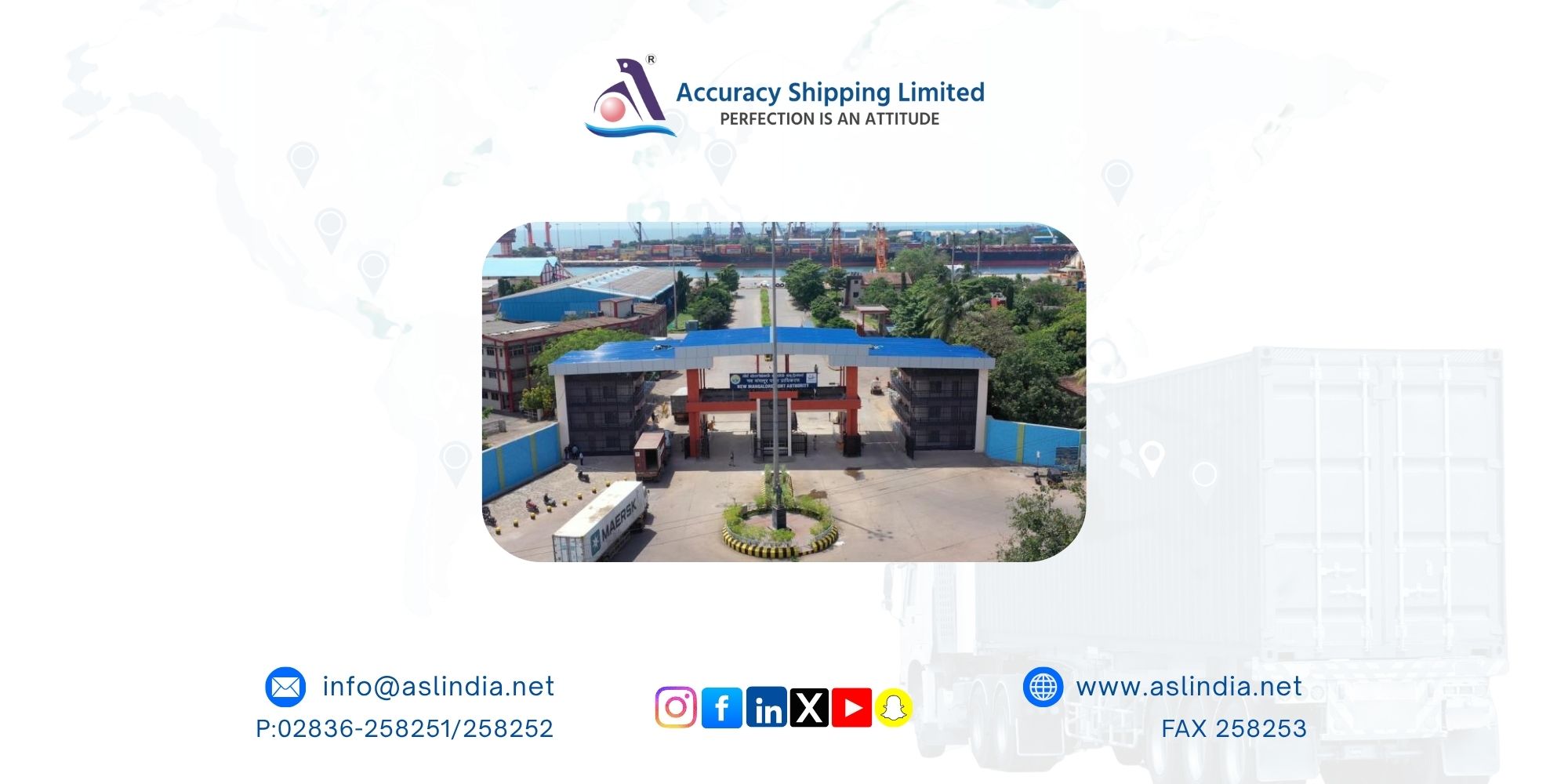Chittagong Port Tariffs to Jump 41%, Shipping Costs to Rise

Major Tariff Revision from Next Week
Chittagong Port, Bangladesh’s primary maritime gateway, is set to implement new tariffs effective from midnight next Tuesday. The revised rates, which represent an average increase of 41%, are expected to have far-reaching implications for global shipping companies, importers, and the overall economy.
Foreign Operators to Collect a Share of Fees
The tariff hike comes just ahead of a significant transition, as four major container terminals are being handed over to foreign operators. Under the new arrangement, these operators will collect a substantial portion of the fees. Industry insiders believe this change could alter the port’s operational and financial landscape, as private players seek higher profitability through increased charges.
Shipping Lines Respond with Higher Surcharges
Several major shipping companies, including Maersk Line, have already reacted to the new tariffs by announcing higher surcharges. For instance, terminal handling charges for a 20-foot container are expected to rise by as much as USD 45, further adding to logistics costs. This adjustment will directly impact freight rates and shipping expenses across the region.
Impact on Imports and Consumer Prices
Experts warn that the tariff escalation will push up import costs, ultimately leading to higher consumer prices and potentially fueling inflation in Bangladesh. Given that Chittagong handles over 90% of the country’s trade, the increase will likely ripple through multiple sectors, from manufacturing to retail.
IFC’s Stand on the Tariff Revision
According to the International Finance Corporation (IFC), the previous tariff structure was inadequate to attract private investment and sustain long-term development of port infrastructure. The new rates, therefore, aim to create a more viable environment for private operators to invest and modernize the port facilities.
Critics Question Who Truly Benefits
However, critics argue that the revised tariff plan is skewed toward benefiting foreign operators, rather than addressing critical issues like congestion, turnaround time, and port efficiency. Concerns are growing that the additional revenue may not directly translate into better infrastructure or enhanced service quality.
Chittagong Among the Most Expensive Regional Ports
Once the new tariffs come into effect, Chittagong Port will become the second most expensive port in the region, surpassing 13 other regional competitors. This positioning may affect its competitiveness in the South Asian maritime trade network, especially as neighboring ports in India and Sri Lanka offer more cost-effective alternatives.
Conclusion
The 41% tariff hike at Chittagong Port marks a pivotal shift in Bangladesh’s maritime sector. While the move aims to stimulate private investment and modernization, the short-term consequences rising shipping costs, inflated import prices, and pressure on consumers could challenge both businesses and policymakers in maintaining economic stability.







